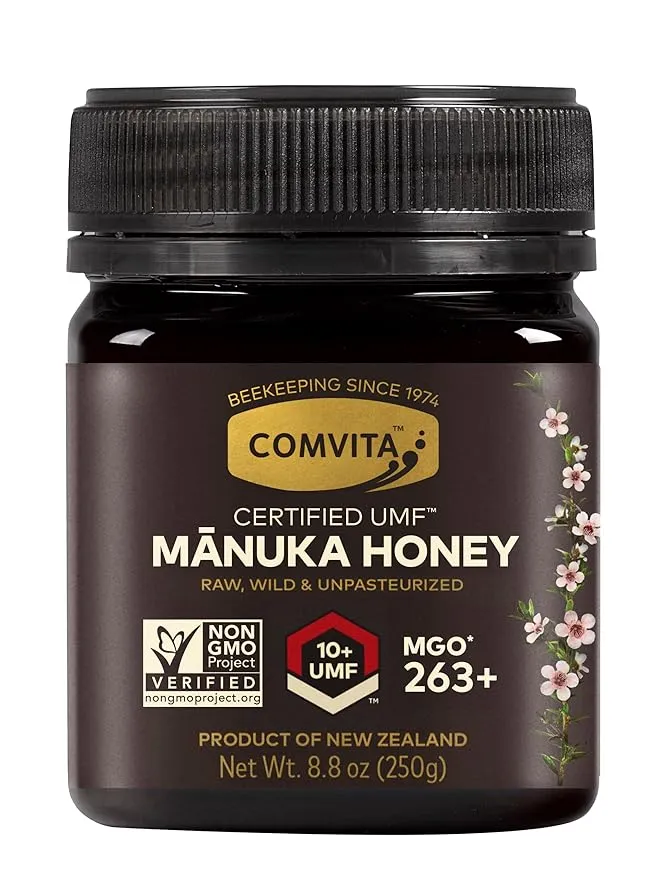As you know, I am all about developing healthy and sustainable 30+ days habits to live more productive and fulfilling lives. Life is short; if you don’t enjoy something, especially eating, make sure to find an alternative, and if you do a little research, there is a possibility to find a healthier choice.
I grew up in a small remote village, and nuts were used to consider king food. For example, almonds or pistachios used to think of a rich man’s food.
Costco
But when I moved to Canada, I observed that it’s not that expensive as long as you can find a balance and buy in bulk. I usually buy groceries from Costco and highly recommend it if you are a couple with kids. Don’t worry about the Costco membership fee; you will save a lot in the long run. I not only save on my wallet but also time. I go to Costco biweekly or weekly to refill my fridge and freezer. Okay, back to nuts; here are the 5 nuts I consume almost daily.
Why nuts?
Nuts definitely have a variety of health benefits, and this is based on my experiential journey from the past 8+ years.
- Helps to lower your risk of heart disease
- Great source of protein
- Helps to boost your immune system
- Great source of fiber
- healthy fats
- antioxidants
Here are the 5 nuts I consume daily, which I highly suggest you add to your diet.
5 — Almonds
I like almonds as a snack — they keep your energy up but don’t fill you up. — Ina Garter
Almonds are popular due to their delicious flavor, impressive nutrient profile, and low cost. They can be eaten raw or roasted and are frequently processed into almond butter, flour, and milk. Here is the nutritional value of 28 grams or one oz serving size.
- Calories: 170
- Fat: 15g
- Protein: 6g
- Carbs: 6g
- Fiber: 3g
- Magnesium: 19% → DV
- Manganese: 27% → DV
These nuts are exceptionally high in vitamin E, a fat-soluble nutrient that acts as an antioxidant to protect your cells from oxidative damage. Almonds are a nutrient-dense food and may lower risk factors for heart disease.
4 — Walnuts
One of the most powerful doses of antioxidants if you want to consume, then don’t miss supernut ‘Walnut’… # omega3 rich — Prafull Mittal
I must say, walnuts are the healthiest nuts. They have the highest antioxidant content of any nut and also provide the most healthy type of fat, omega-3 fatty acids, which help prevent heart disease.
Walnuts also have iron, which helps red blood cells carry oxygen; selenium, which may help prevent cancer; calcium zinc, which helps the immune system; and vitamin E, which acts as an antioxidant. And some B vitamins.
Walnuts can help lower triglycerides (blood fat that raises your risk of heart disease) and protect your heart.
They’re also extremely beneficial to the brain — in fact, walnuts resemble the brain!
Walnuts have also been linked to a lower risk of colorectal cancer.
According to the latest research, walnuts improve the gut microbiome, which collects trillions of microbes or bacteria in the gastrointestinal tract and may be responsible for some health benefits.
3 — Pistachio
Pistachio nuts, the red ones, cure any problem,. — Paula Danziger
Serving size: 1 oz or 28 grams
- Calories: 159
- Fat: 13 g
- Protein: 6 g
- Carbs: 8 g
- Fiber: 3 g
- Key micronutrients with their daily percentage values: Vitamin B6 (25%), Magnesium (8%), Iron (6%)
With their smooth texture and sweet flavor, pistachios are a crowd-pleaser, but they also come highly recommended by experts. Pistachios are a “complete” plant-based protein source, which means they have “the full amino acid profile and supply 6 g of plant-based protein7 per serving,” according to Feller.
Pistachios are also high in fiber and healthy fats, making them a filling snack for when you’re on the go or need a quick energy boost.
2 — Brazil nuts
Brazil nuts are high in selenium, a trace mineral vital for proper body function.
Brazil nuts are originating from a tree in the Amazon. These nuts are one of the richest food sources of the mineral selenium.
30g serving of Brazil nuts:
- 4g protein
- 21g fat
- 5g saturated fat
- 7g monounsaturated fat
- 8g poly-unsaturated fat
- 1g carbohydrates
- 2g fibre
- 51mg calcium
- 123mg magnesium
- 76mcg selenium
Selenium is a mineral that acts as an antioxidant, boosts immunity, and aids in wound healing. You only need one to four Brazil nuts per day to get all of the selenium you need because we only need trace amounts of this mineral.
I consume a maximum of four Brazil nuts daily, and the best way is to add them to my morning cereal. Brazil nuts, which also contain vitamin E and the polyphenols ellagic, help to boost our immune systems and regulate blood lipids.
1 — Macadamia nuts
Macadamia nuts earn a distinction above other nuts and seeds because of their nutritional value. — Mark Sisson
Macadamia nuts used to have a bad reputation due to their high-fat content. However, 80% of this fat is monounsaturated (the good kind of fat that is good for your heart). Monounsaturated fat can help you lose weight and lower cholesterol, heart disease, and stroke risk.
Macadamia nuts have the most monounsaturated fat per serving of any nut. Macadamia nuts are high in calcium, magnesium, and potassium, all of which help prevent bone loss. They’re also high in vitamin A, iron, protein, thiamin, riboflavin, niacin, and folate.
Macadamia nuts contain complex carbohydrates such as lignans, hemicellulose, amylopectins, and insoluble cellulose, aiding digestion and reducing hunger.
What is the best way to consume nuts?
I personally consume cereal each morning. For example, I love my oats, and in oats, I add 20 almonds, 4–5 pistachios, a couple of walnuts, four Brazil nuts, and a little macadamia nuts each morning.
I add a pinch of cinnamon powder and organic honey.
Suggestion:
Do not consume that little bottle/jar of honey from the supermarket. I recommend giving it a try. It’s called Menuka, from New Zealand, and one of the best honey in the market. It is a bit expensive, but in the long run, nothing is more expensive than your health. I buy from this dealer all the time. Here is the Amazon link if you would like to give it a try.

The bottom line
Nuts are high in nutrients like protein, fat, fiber, vitamins, and minerals. They help reduce your risk of heart disease and support immune health when eaten as a nutrient-dense diet. Nuts are versatile and delicious.
You can eat them on their own or with other healthy foods like fruits and vegetables. Please let me know if you enjoy nuts and when is the best time to eat them.



